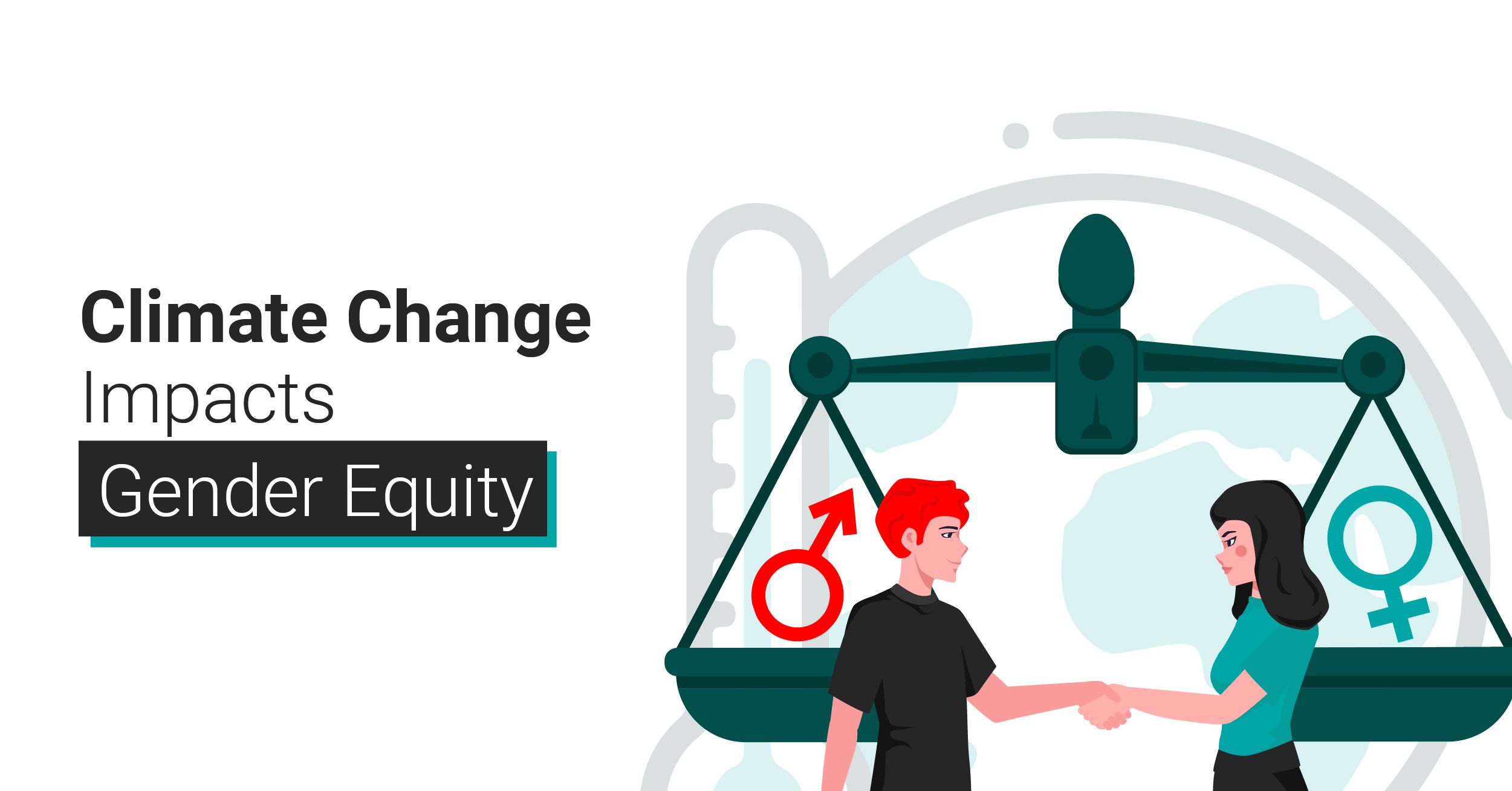
Climate Change Impacts Gender Equity
The links between climate change and gender can’t be ignored
It’s becoming glaringly obvious that gender inequity is worsening the impacts of climate change. Hard to believe? The interplay of gender equity and climate change is an emerging phenomenon stemming from deep-seated societal issues.
Globally, climate change has a far more adverse impact on populations that are reliant on natural resources to survive. Ironically, these are also the communities that have the least capacity to respond to natural disasters, like drought, floods, landslides and hurricanes. This is what is known as climate and environmental injustice.
Climate change puts women at much higher risk
There is an unequal ratio of representation by women on a decision-making level, and it needs to be addressed. Women play a critical role in climate change due to their collective local knowledge of sustainable resource management and practices, both within their households and local communities.
When looking at climate change we need to do so through a gender lens, and not by squinting into the sun. When we start looking closer, we begin to see the cold, hard facts of a planet that is heating up:
- 83% of single mothers were unable to return to their homes for two years after Hurricane Katrina hit.
- Two-thirds of jobs lost in the wake of Katrina were those lost by women.
- Women and children are 14 times more likely to die or be harmed when disasters strike.
- Out of those displaced by climate change, 80% are women.
It’s crucial we bring more women’s voices into the response to climate change -- it will help us all, and our planet.
Women in power: a force of nature
Closing the gender gap in politics could seriously improve the health of the planet.
Women are making waves on a political level, especially when it comes to combating climate change. Policies and projects implemented without women’s invaluable participation increase inequalities and decrease effectiveness. It’s been shown that countries with higher levels of women in politics have been the most successful in reducing carbon dioxide emissions.
A study conducted across 130 countries reveals that women in government positions are more likely to sign international treaties on climate resolutions than their male colleagues. Vote the women in, we say!
Read an insightful Q&A with PepsiCo and USAID on women’s empowerment and combating climate change in India here.